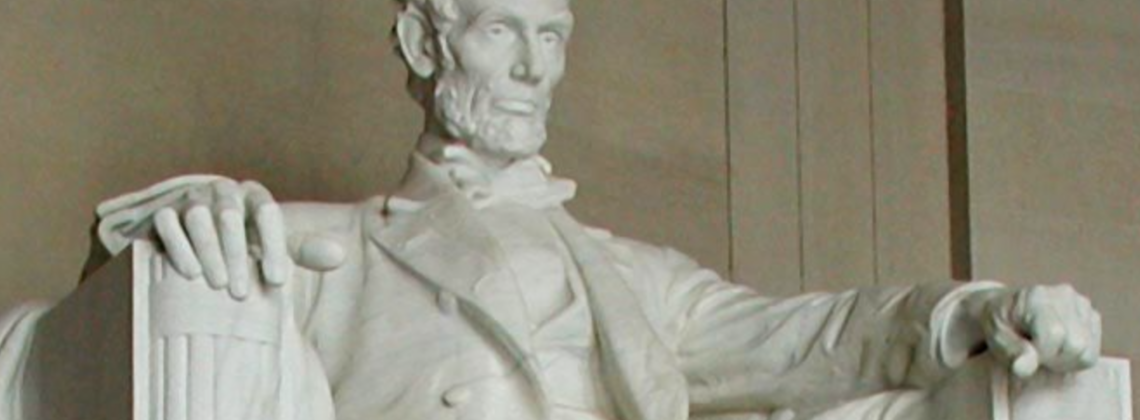

Everyone wants to claim Lincoln. Even socialists.
Here is University of Arkansas history professor Matthew Stanley at Jacobin:
Would Lincoln’s sincere hatred of the Slave Power have translated after the war to a critique of the Money Power and other forms of wealth-based domination? Would Lincoln have expanded or attempted to restrain his party’s democratic impulses in non-wartime conditions?
For the vast majority of leftist memory-makers, such questions have been of secondary importance. To be sure, post–Civil War Republicans moved away from the “abolition-democracy” of Charles Sumner, Thaddeus Stevens, and Frederick Douglass, and increasingly aligned with capital by the 1870s and 1880s. But part of the Lincoln myth remained frozen in April 1865, ensconced within the party’s more egalitarian origins. As Karl Marx suggested in 1862, although Lincoln was not a revolutionary, this “single-minded son of the working class” was destined to become part of a radical tradition owing to his role in the “revolutionary” project of emancipation.
Put simply, Lincoln’s class position or unformed views on an undeveloped industrial capitalist system have typically been seen as less important than how his emancipationist heritage could be harnessed to animate contemporary struggles. Collective memory isn’t scientific. It is, to a great degree, usable — the past in the service of the present. Generations of leftists have therefore rightly celebrated Lincoln’s instrumental role in the emancipation of over four million enslaved people, which resulted in the largest liquidation of private property assets and the greatest relative redistribution of income in US history.
Of course, the influence of this workerist Lincoln is only as powerful as workers themselves. Because the stories we tell about the past are reflections of who wields authority in the present, the popularity of Lincoln as a working-class ally, a proto-socialist, or even a revolutionary has always been predicated on social power, ebbing and flowing in direct relation to drops and surges in labor militancy.
In a short essay published on the eve of the Civil War centennial in 1956, historian David Donald argued that every national politician has to, at some point, “get right with Lincoln.” By this Donald meant that it benefits any group who hopes to engage a broad swath of Americans to align their cause with an avatar of human freedom. Although he rejected a “Great Man” view of history, Eugene Debs understood the power of the Lincoln imaginary, including how Lincoln as a symbol — residing in the gray area between history and myth — might broaden the workers movement and strengthen the cause of labor.
In summoning Lincoln’s words and images to fuse labor and civil rights into a “new abolitionist” memory for interracial working-class democracy, the US left has been engaged in that process of “getting right” for well over a century. The praxis of popular memory is like walking a tightrope — between transformation and tradition, and between mass appeal and staying true to a socialist vision. But as long as the Civil War era remains, in the words of Eric Foner, an “unfinished revolution,” the Lincoln metaphor is sure to hold currency among workers. In that sense, Abraham Lincoln — or at least the associated legacies embraced by Marx, Debs, and King — must belong to the Left.
Read the entire piece here.